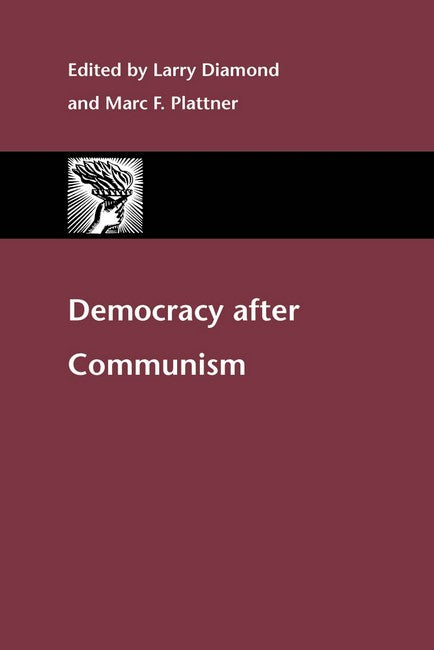Contents:
I. The Exit from Communism
1. How Different Are Postcommunist Transitions: Ghia Nodia
2. Comparing East and South: Valerie Bunce
3. The Persistence of Postcommunist Elites: John Higley, Judith Kullberg, and Jan Pakulsk
i4. Civil Society after Communism: Aleksander Smolar
5. Understanding Postcommunist Transitions: Leszek Balcerowicz
6. Estonia's Success Story: Mart Laar
7. The Postcommunist Wars: Charles H. Fairbanks, Jr.
II. The East European Experience
8. The Postcommunist Divide: Jacques Rupnik
9. Europe Transformed: Richard Rose
10. Reassessing the Revolutions of 1989: Vladimir Tismaneanu
11. The Transformation of Central Europe: Bronislaw Gereme
k12. Victory Defeated: G.M. Tamás
13. The International Context: Jacques Rupnik
14. A Diverging Europe: Richard Rose
15. History and Memory: The Revolutions of 1989-91: Aleksander Smolar
III. The Post-Soviet Experience
16. One Step Forward, Two Steps Back: Michael McFaul
17. The Primacy of History and Culture: Zbigniew Brzezinski
18. The Impact of Nationalism: Ghia Nodia
19. From Democratization to ""Guided Democracy"": Archie Brown
20. The Advantages of Radical Reform: Anders Åslund
21. Disillusionment in the Caucasus and Central Asia: Charles H. Fairbanks, Jr.
22. Sovereignty and Uncertainty in Ukraine: Nadia Diuk
23. Russia's Hybrid Regime: Lilia Shevtsova
24. Putin's Path: M. Steven Fish
25. Going Backwards: Grigory Yavlinsky
26. A Mixed Record, an Uncertain Future: Michael McFaul
Request Academic Copy
Please copy the ISBN for submitting review copy form
Description
""A thoughtful collection of essays on the hazards, practical and conceptual, of one of the monumental changes in world affairs in our time.""

